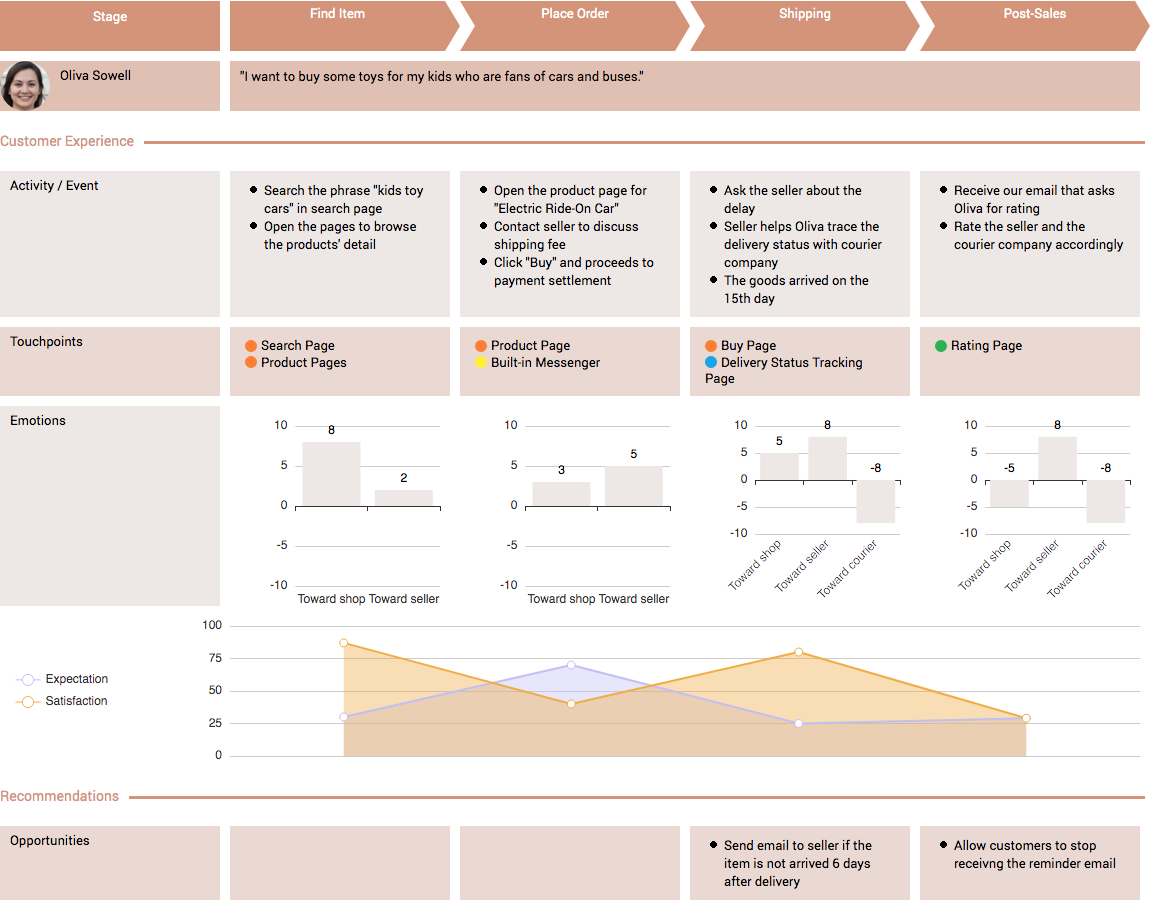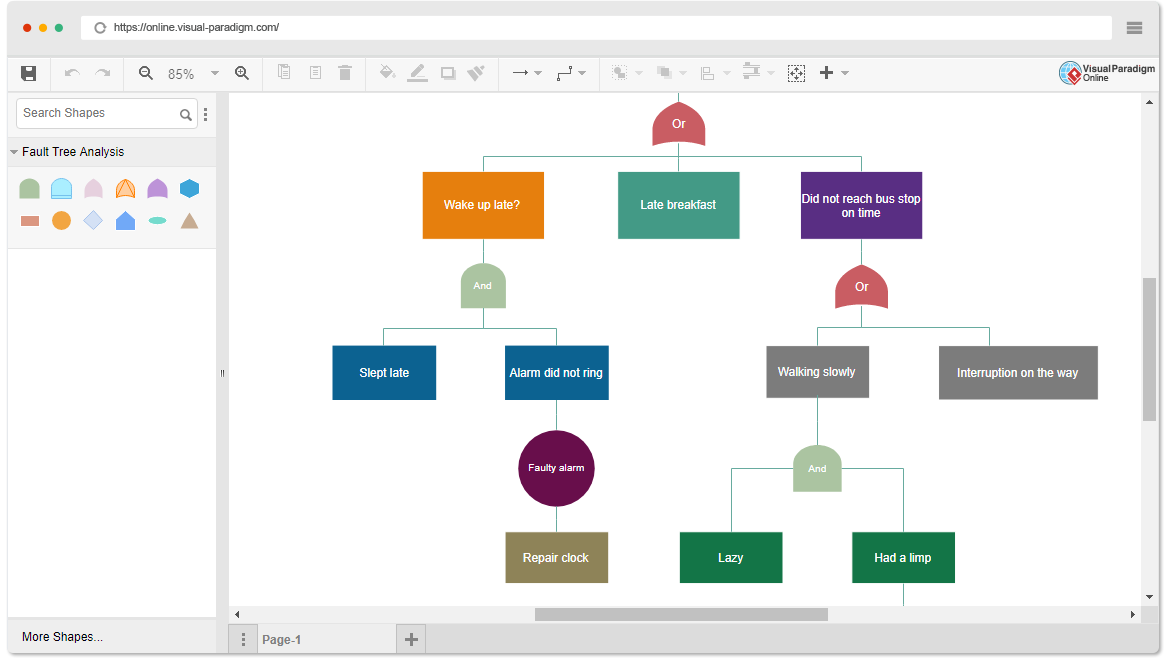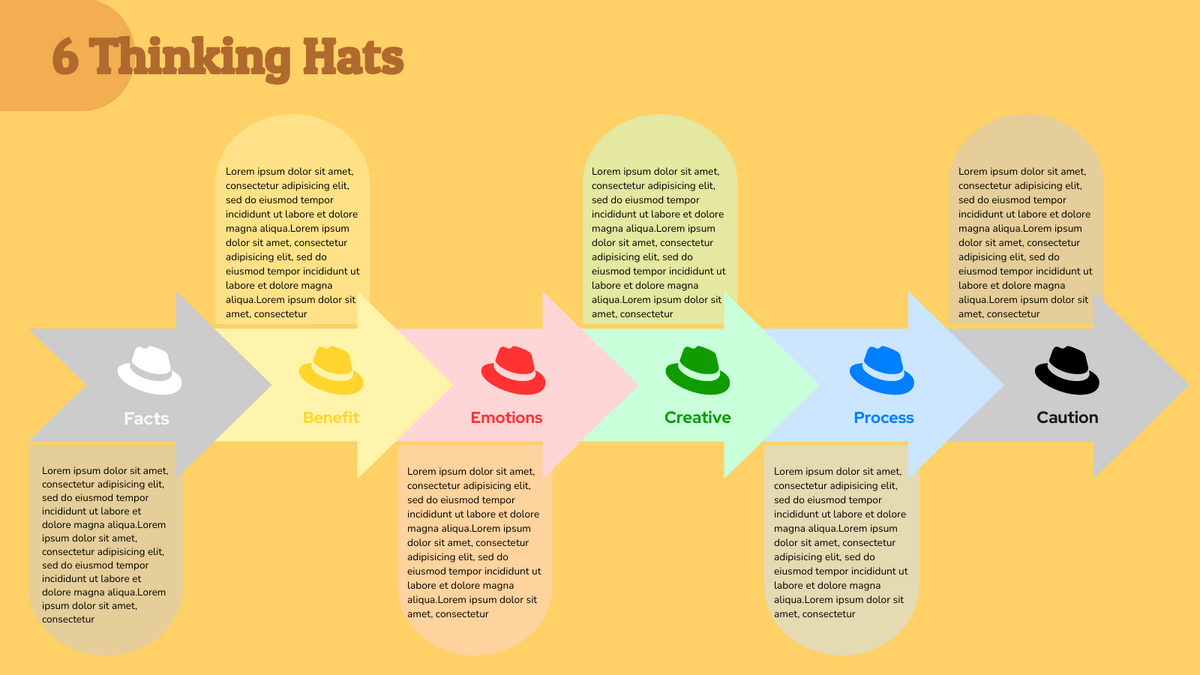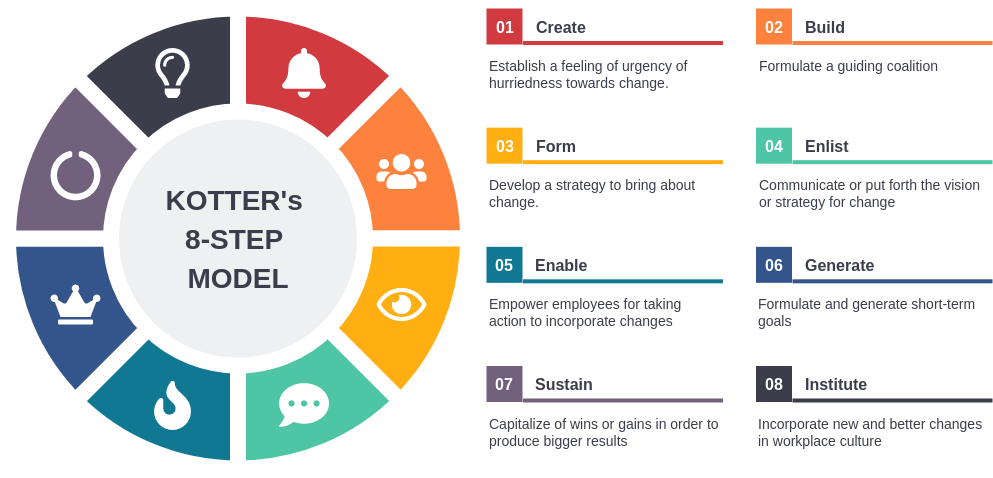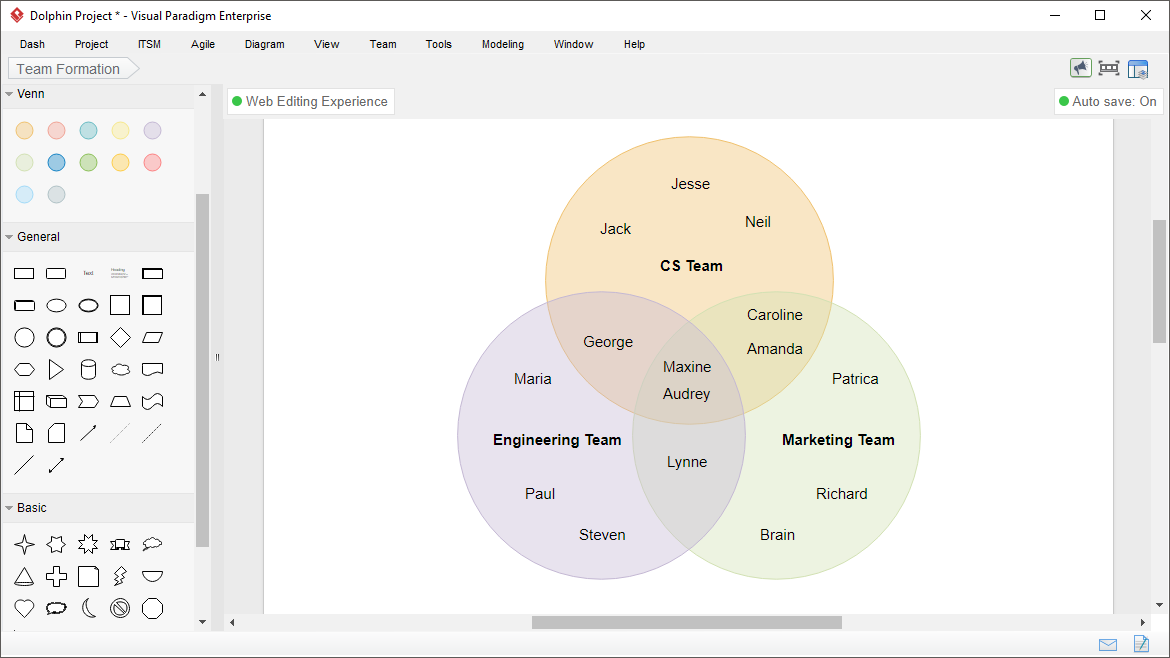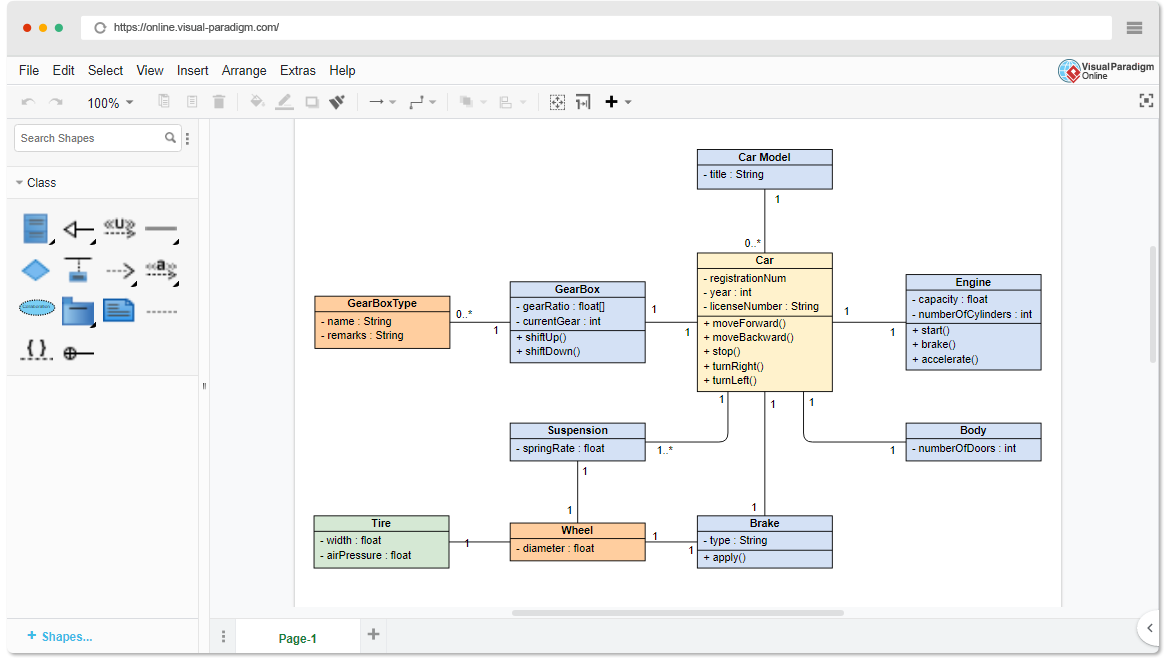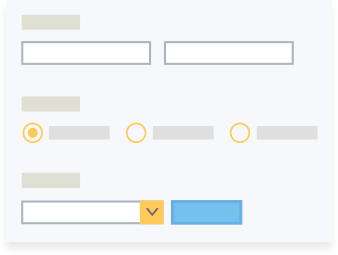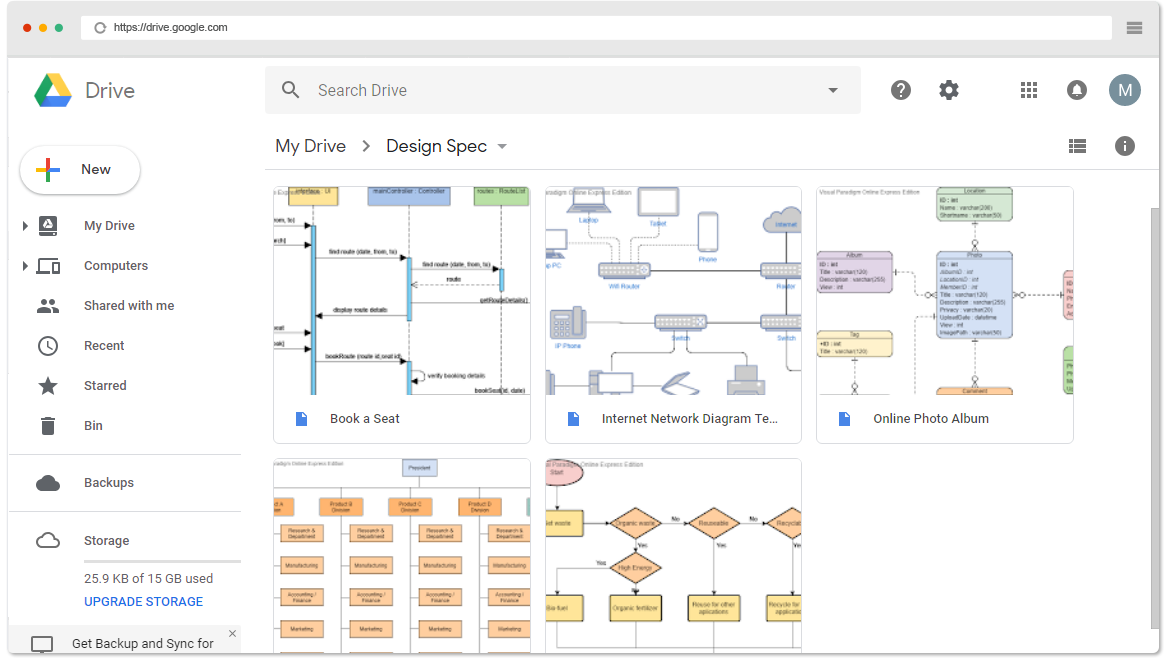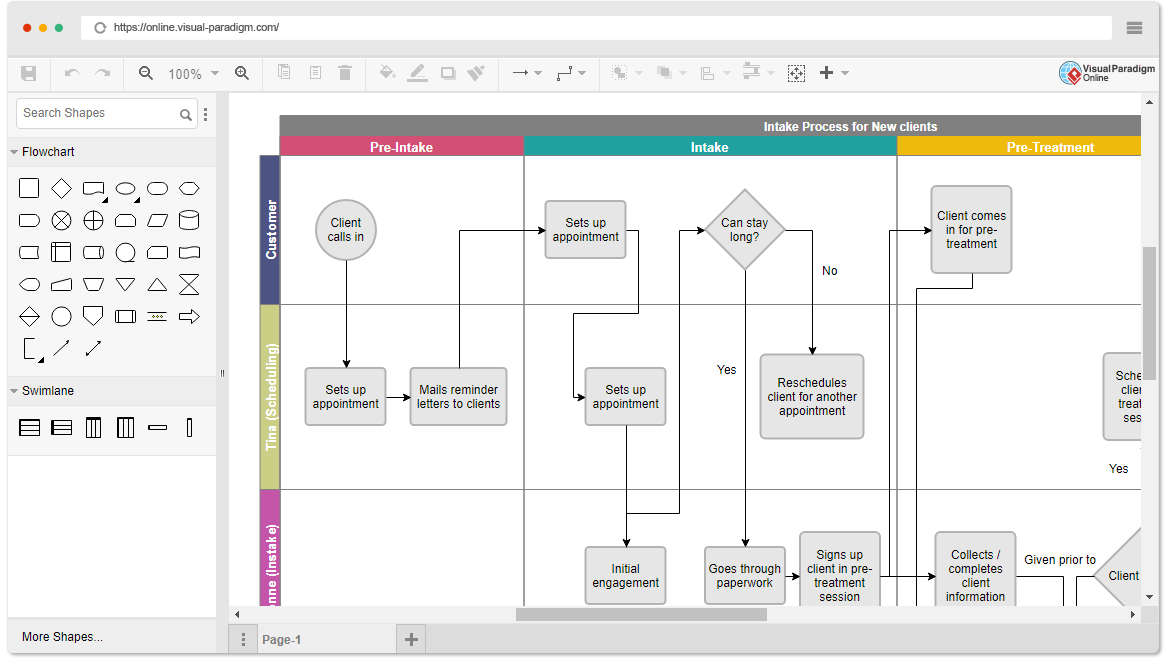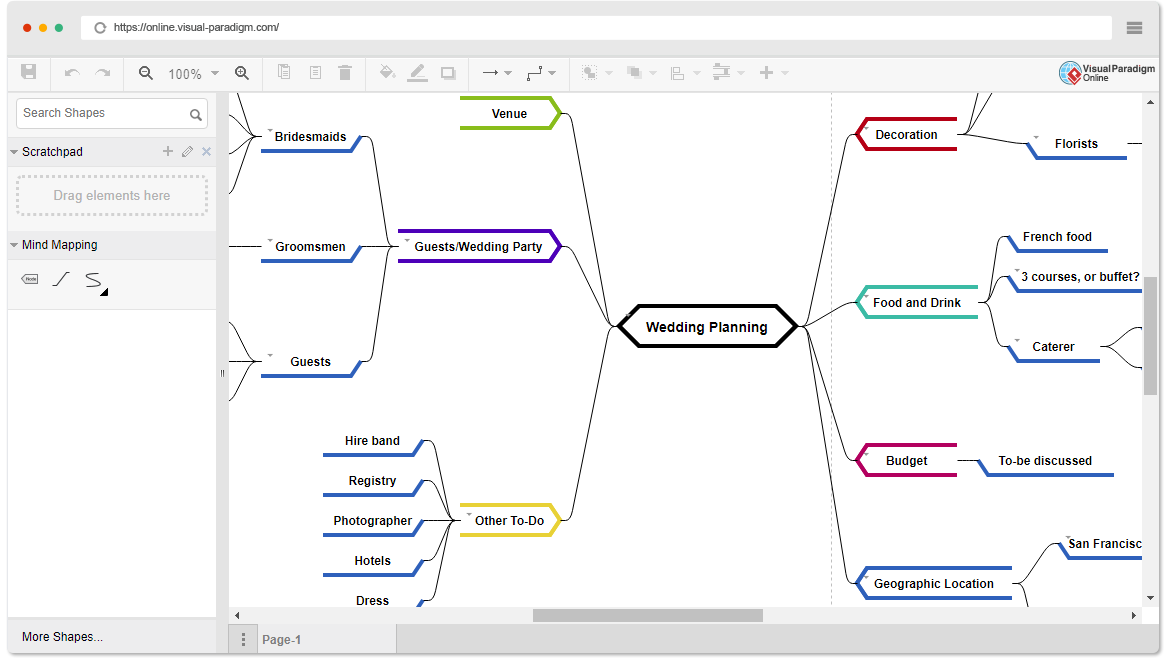The customer journey map can be used to describe the story of a certain role customer in a specific scenario. Including customers from the first contact with the product, touching the various touch points of the product, and ending the use of the product at the end.
Continue reading